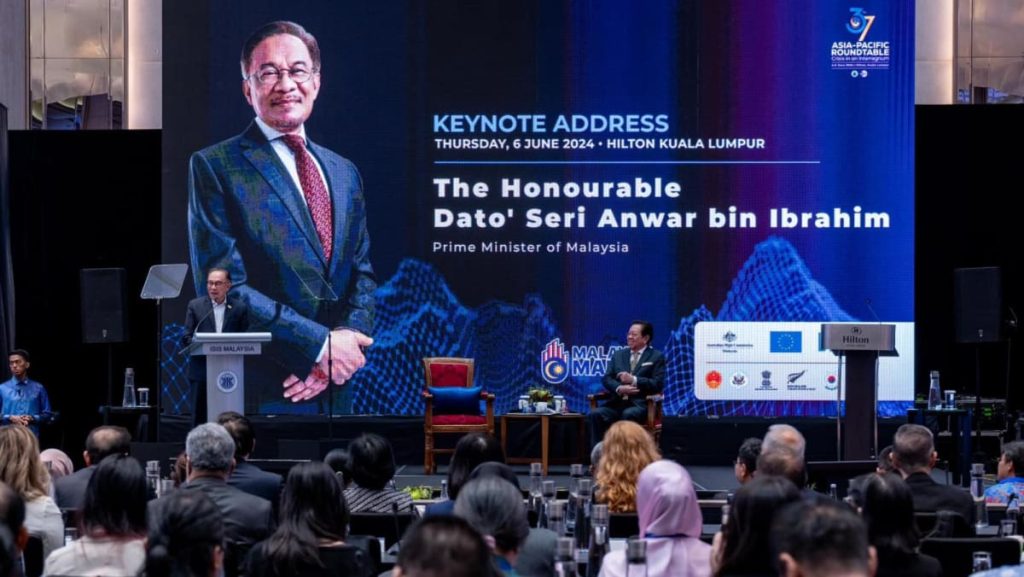Mr Anwar of Malaysia denied claims that his country was aligning with either the US or China in the ongoing tensions between the two superpowers. He emphasized Malaysia’s independence and focus on its national interests, including concerns about the situation in Gaza. He also called for reforms in the United Nations Security Council to ensure fair representation of different regions around the world.
The current composition of the UNSC, with its five permanent members from the Global North, is seen as unrepresentative of the Global South, which includes developing nations in Asia, Africa, and Latin America. This divide is based on socio-economic and political differences between countries. Mr Anwar highlighted that the discrepancies between the Global North and Global South are no longer just about development but also about ideology, experience, and perception. He stressed the need for the international order to recognize the voices and perspectives of countries from the Global South.
In terms of ASEAN’s role in promoting regional stability, Associate Professor Chong Ja Ian from the National University of Singapore noted that the mechanisms developed by the bloc in the 1990s and early 2000s have not been fully utilized. While ASEAN convenes meetings, it has not taken significant actions in terms of preventive diplomacy or conflict resolution. The ASEAN Regional Forum, which includes 27 participants, was established in 1994 to facilitate dialogue on political and security cooperation in the Asia-Pacific region.
There is a growing push for restructuring the United Nations and giving more voice and representation to countries from the Global South. Mr Anwar emphasized the need for equitable regional representation in the UNSC and other international bodies to reflect current realities and address the ideological, experiential, and perceptual differences between nations. This call for inclusion and reform in international institutions reflects a broader trend of Global South countries reclaiming their place in the global order and seeking a more balanced distribution of power.
In conclusion, Malaysia’s stance on global issues, including the conflict in Gaza and the need for reform in international institutions, underscores the country’s commitment to its national interests and independence. The push for restructuring the UNSC and giving more voice to countries from the Global South highlights the evolving dynamics in global politics and the desire for a more inclusive and representative international order. ASEAN’s role in promoting regional stability and conflict resolution is still evolving, with calls for greater proactive engagement and utilization of existing mechanisms to address geopolitical challenges in Southeast Asia and beyond.


